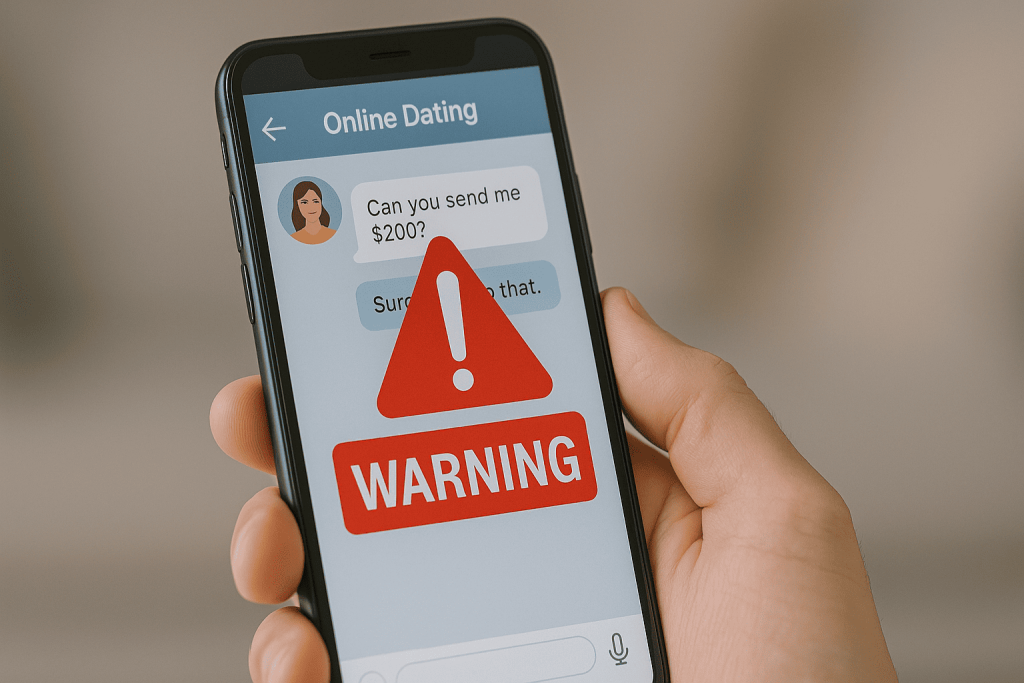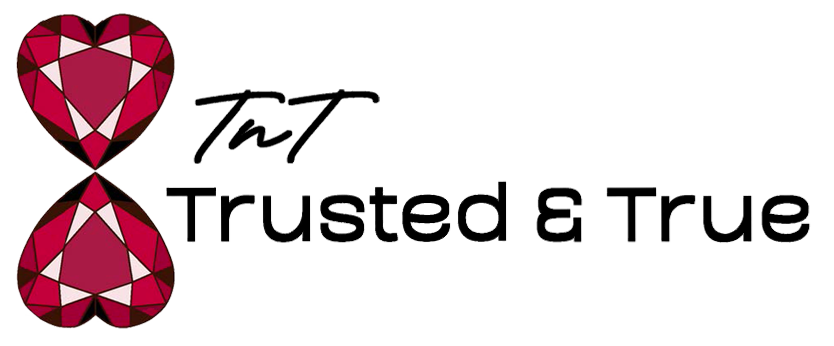Imagine you met someone online and you felt that sparkthe chats were fun, the connection felt real, and suddenly they asked you for help. You trusted them. Only later did you find out it was a scam. Sadly, this story is not rare. In today’s digital age, dating fraud victims are emerging by the thousands, and the pain isn’t only emotional it can be financial, legal, and deeply unsettling. Romance Scams in Online Dating.
In this article, we’ll walk you through what you can do if you’ve been targeted by a romance or dating scam how to report the fraud, find legal help for dating scams, and tap into resources that make a difference. Our aim is clear: to empower you with the knowledge so you can turn the page, rather than feel stuck.
Understanding Your Situation: Dating Fraud Victims’ Reality
When someone falls prey to a romance or dating scam, often what they lose isn’t just mone but trust, security, and emotional stability. These are the dating fraud victims whom the law and support systems are increasingly recognising. As per one law-firm guide:
“Romance scams occur when a fraudster creates a fake persona … to deceive someone into a romantic relationship.” And many victims are unaware that legal or recovery options do exist.
Why it matters
- Scams rooted in online “romantic” contact are rising. The Carlson Law Firm+1
- Victims often feel shame or believe there’s no remedy so they don’t act.
- Yet acting promptly and knowing your rights can make a difference.
We’ll move on now to what you can do step by step.
Report Romance Scam: Taking the First Step
If you suspect you’ve been scammed, the first key step is to report romance scam behaviour. This is important for legal, preventive and emotional reasons.
What to report
- All communications: messages, emails, app chats.
- Financial links: wires, gift-cards, transfers.
- Any profile information of the person who approached you.
- Dates, times and details of when you sent funds or shared sensitive information.
Who to report to
- In the U.S., the Federal Trade Commission (FTC): via ReportFraud.ftc.gov. connect.usa.gov+1
- The Internet Crime Complaint Center (IC3), part of the Federal Bureau of Investigation for internet-enabled fraud. Federal Bureau of Investigation
- Your local law-enforcement agency.
- The dating site/app where the scam occurred: report the profile, preserve the chat logs.
Why this helps
Reporting:
- strengthens your case if you seek legal help,
- helps authorities track patterns of fraud,
- may trigger banks or platforms to intervene.
By reporting early, you increase your chances of recovery and legal action. Next we’ll explore how you can find legal help for dating scams.

Legal Help for Dating Scams: What Options Do You Have?
When you’ve been victimised, you might feel powerless but there are legal options for dating fraud victims. Understanding them gives you back some control.
Civil claims
You (or your lawyer) may file a lawsuit against the scammer (if identified) for:
- Fraud/misrepresentation.
- Conversion (unauthorised use of your funds).
- Negligence (in some cases, e.g., if a platform failed to verify profiles).
As one legal firm notes:
“Victims of romance scams may be able to file a civil lawsuit … Although scammers often hide their true identities, a skilled attorney may be able to trace their activities.”
Criminal charges
If the scam involves serious fraud, identity theft, interstate or international communications, law-enforcement may pursue charges. For example:
- The FBI may get involved when the crime crosses state lines. Spencer & Associates
- In many countries, fraud and cyber-fraud laws apply.
Asset recovery & banks
Even if the scammer disappears, you should notify your bank. Some financial institutions may be able to freeze funds or reverse transactions if alerted quickly.
Working with a lawyer
If you seek legal help for dating scams, your attorney will likely:
- Evaluate your case and gather evidence (chat logs, bank statements).
- Advise on whether to pursue civil or criminal route.
- Represent you in court (if needed).
- Work with banks or investigators for recovery.
Remember: legal fees, jurisdiction issues (especially with international scammers), and proof of identity make these cases complex but not impossible.
Useful Resources & Support for Dating Fraud Victims
You don’t have to navigate this alone. There are dedicated resources and organisations for dating fraud victims. Here are a few you can turn to.
Organisations & Guides
- The Victims of Crime organisation: offers guides on financial fraud and support for victims. victimsofcrime.org
- The Advocacy group for romance scam sufferers: helps victims connect, share stories and lobby for better protections. advocatingforu.com
- Government websites with fact-sheets and reporting paths: e.g., the U.S. Secret Service ‘Romance Scams’ page. secretservice.gov
What they offer
- Emotional support, counselling or peer groups (important because the trauma of betrayal is real).
- Practical check-lists for how to act (reporting, documenting, protecting assets).
- Prevention education helping future victims avoid the same traps.
Tips for choosing the right support
- Choose services that explicitly mention romance or online dating fraud.
- Make sure they respect confidentiality and don’t ask for fees up-front (beware of scams that pose as “help” services).
- Use them in parallel with legal/financial steps.
Let’s continue now with what you should do today if you believe you’re a victim.

Step-by-Step: What to Do Now If You Are a Dating Fraud Victim
Here is a practical roadmap you can follow, from the moment you suspect something is wrong through to legal recovery and healing.
Immediate actions
- Cease all contact with the scammer. Any further communication can be used against you.
- Document everything: save emails, screenshots, bank receipts, chat logs, dating-app profiles.
- Notify your bank/financial institution: tell them you suspect fraud; ask about reversing or blocking transfers.
- Report the scam: use the tools/disclosure channels mentioned above (FTC, IC3, platform).
Intermediate steps
- Consult an attorney specialising in fraud/online scams. Ask their view on your chances for recovery.
- Consider your emotional/psychological wellbeing: contact counselling or victim-support groups.
- Change passwords, review credit reports, monitor your bank accounts for suspicious activity (identity theft may follow).
Long-term recovery & prevention
- Review your online dating practices: avoid sending money, delay meeting in person, verify identities. The Carlson Law Firm+1
- Stay aware of your legal rights, especially in your country or region (laws vary widely).
- Share your story (if comfortable) – raising awareness helps others avoid similar frauds.
Why This Matters: Legal & Emotional Impact for Dating Fraud Victims
We often focus on money lost, but the effects go deeper and legal rights matter.
Emotional & psychological impact
Being defrauded in the context of what you believed to be a relationship is doubly painful. The betrayal, shame, confusion all real. Many victims feel powerless and isolated. That’s why resources are vital.
Legal importance
- Pursuing legal help for dating scams does more than attempt financial recovery it says you have a voice.
- Your report may help prevent the scammer from targeting others.
- It sets a precedent that if someone uses romance to defraud, the law can respond.
Social and community importance
As awareness grows, so do protections. The more victims take action, the more platforms, regulators and governments recognise this harm and build stronger defences.
Common Questions & Myths About Dating Fraud Victims
Let’s address some typical questions or misconceptions that people have when dealing with this issue.
Myth: “It’s just my fault, no one can help me.”
Truth: While shame is natural, you are a victim of deception. You have rights. Legal help and support exist.
Question: “Can I really recover my money?”
Answer: Recovery is possible but not guaranteed. The scammer might be hidden, overseas or unreachable. Legal action improves your chances of restitution and accountability.
Question: “What if they’re overseas?”
Answer: International scams are tougher but cross‐border cooperation does exist. Reporting is still crucial.
Myth: “If I report it, people will judge me.”
Truth: Sadly, the stigma exists but remember: you were targeted by a professional scammer. Reporting and talking about this can help rather than isolate you.
Empowerment After the Scam
If you’re reading this as someone who has been scammed or suspects they have please know: you are not alone. The path ahead has steps, actions and resources. From reporting the fraud to seeking legal help for dating scams, from tapping into support networks to safeguarding your future you can move forward.
The story you’re living now does not have to define you forever. Take this moment as the turning point: document, report, seek counsel, heal. Help others by sharing your experiences or at least telling yourself the truth. Because to be informed is to reclaim power.
For more detailed guides, you can visit the resource pages listed above and explore local legal advice in your region. Your next step, however small a call, a saved screenshot, a report can be the one that changes the direction.
Stay strong. You deserve respect, recovery and safety.
Trusted and True is the first dating platform truly dedicated to eliminating fake profiles, bot scams, and catfishing.










